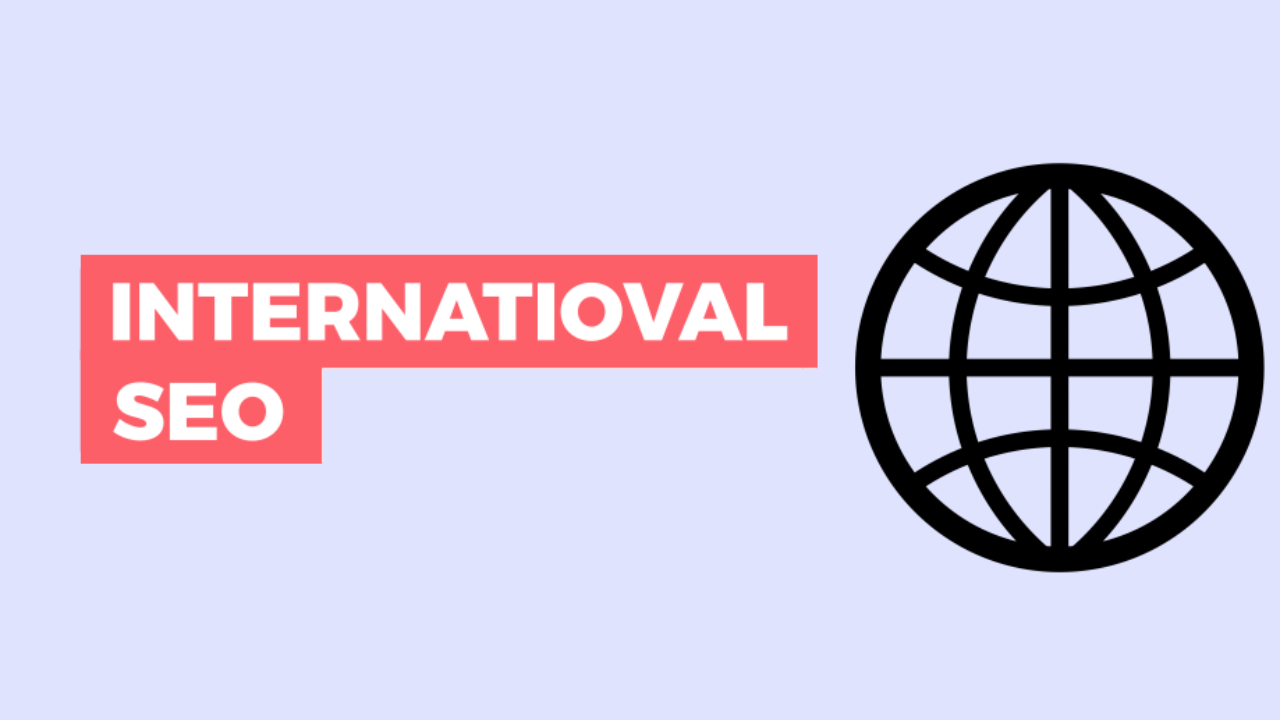Cracking the Code of International SEO: A Comprehensive Overview
Cracking the Code of International SEO: A Comprehensive Overview
Blog Article
Navigating the Digital Landscape: Leveraging International Search Engine Optimization for Cross-Border Success
In today's interconnected digital globe, companies are significantly looking beyond borders to tap into international markets. The intricacy of browsing the digital landscape on a worldwide scale demands a nuanced strategy, from comprehending the fundamentals of International SEO to carrying out geotargeting and multilingual key words techniques.
Understanding International SEO Basics
Browsing the complexities of global search engine optimization calls for a strong understanding of fundamental principles to properly expand on-line exposure throughout boundaries. One important aspect of worldwide search engine optimization is comprehending the importance of localization. This entails tailoring site web content to fit the etymological, social, and industrial differences of target markets. Key words must be not only equated yet additionally adjusted to reflect just how users in different areas search for details.
Additionally, having a clear understanding of geo-targeting is crucial. This involves showing to internet search engine the specific countries or regions a site is targeting. Carrying out hreflang tags is one way to connect this info, ensuring that the correct version of a web page appears in the search results for a user in a certain place.
Furthermore, comprehending the effect of neighborhood online search engine and social media platforms is essential for global SEO success. For circumstances, while Google is dominant in several regions, countries like China have their own search engines like Baidu, calling for customized techniques for each system to maximize on the internet exposure.

Targeting Multilingual Key Phrase Strategies
Creating multilingual keyword techniques is crucial for successfully getting to varied worldwide audiences and maximizing on-line visibility throughout different etymological areas. When targeting multilingual key phrase strategies, it is crucial to perform thorough study to recognize the details search terms and expressions utilized by the target audience in each linguistic region. This entails not just converting keyword phrases yet additionally taking into consideration social subtleties, local dialects, and search fads one-of-a-kind to every target audience.
To create an effective multilingual key words approach, it is essential to focus on importance and search intent. Key words must straighten with the content on the site and resonate with the social context of the target market. Using devices such as Google Key Phrase Planner, SEMrush, or Ahrefs can help identify high-performing keywords in various languages and evaluate their search quantity and competitors level.
Furthermore, surveillance and assessing the efficiency of multilingual search phrases routinely is essential for optimizing and improving the method in time. By continuously adjusting to modifications in search actions and fads, services can boost their on the internet presence and bring in even more global traffic to their internet sites.
Applying Geotargeting and Hreflang Tags
When intending to improve worldwide SEO approaches, incorporating geotargeting and hreflang tags is critical straight from the source for maximizing internet site visibility across different areas. Geotargeting involves customizing content to particular areas, guaranteeing that individuals in different areas get relevant details. By executing geotargeting, services can enhance their local search rankings and draw in region-specific traffic.

Optimizing Website Structure for Worldwide Exposure
To further enhance global Search engine optimization approaches beyond geotargeting and hreflang tags, maximizing the internet site framework is crucial for achieving international exposure and maximizing reach across various areas. A well-structured website not just boosts customer experience yet likewise promotes search engine spiders in recognizing the web content and context of the website.
Moreover, producing language-specific subdirectories or subdomains can assist look engines deliver the ideal version of the internet site to customers based upon their language preferences, additionally enhancing the total individual experience. In addition, optimizing link frameworks to consist of relevant keyword phrases and geotargeted terms can boost the website's presence in different areas. By structuring the internet site efficiently for global audiences, organizations can boost their opportunities of attracting international traffic and broadening their reach throughout boundaries.

Tracking and Analyzing Cross-Border Efficiency
Efficient tracking and studying of cross-border performance is vital for assessing the success of international SEO methods and recognizing possibilities for enhancement in worldwide reach and presence. By closely tracking essential efficiency indications (KPIs) throughout different markets, services can acquire useful insights into important link the efficiency of their cross-border search engine optimization efforts. Keeping track of metrics such as organic traffic, keyword rankings, conversion rates, and bounce rates can give a thorough view of exactly how well a site is performing in various regions.
Assessing cross-border efficiency data allows services to identify trends, patterns, and areas for optimization. By contrasting performance throughout various nations, areas, or languages, business can identify effective approaches and center material to better cater to specific target market. Additionally, keeping an eye on cross-border performance enables businesses to stay agile and responsive in the ever-evolving electronic landscape. Regular evaluation of search engine optimization performance on an international scale makes certain that business can adapt their techniques rapidly to utilize on emerging possibilities and maintain an one-upmanship in global markets.
Verdict
Finally, international SEO plays a critical duty in attaining cross-border success by maximizing sites for global presence, targeting multilingual key phrase techniques, executing geotargeting and hreflang tags, and keeping an eye on cross-border performance. By recognizing the basics of global search engine optimization and maximizing internet site frameworks as necessary, companies can successfully reach and involve with their target market across different regions and languages. This calculated approach is crucial for broadening market reach and driving online growth in today's digital landscape.
Report this page